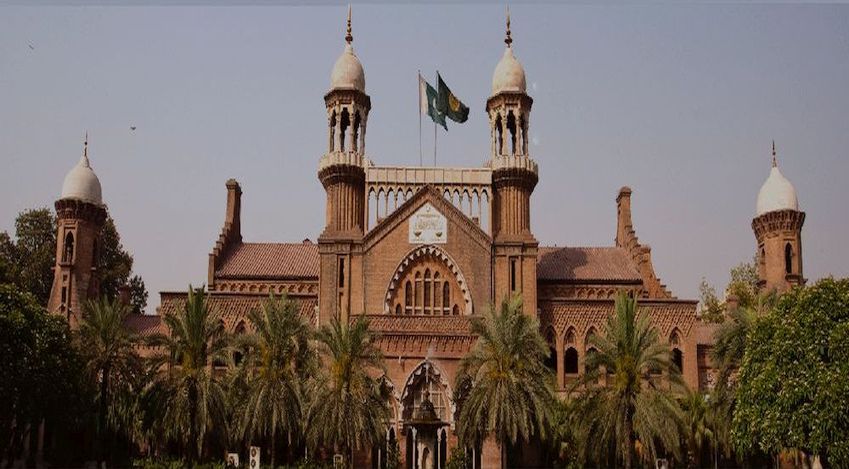The Vice Chancellor possesses the Authority to Constitute Committees as part of his Administrative Duties under Section 15(1) of Islamia University of Bahawalpur Act, 1975 --- Lahore High Court
Islamabad 27-07-2024: In a significant ruling, the Lahore High Court, Bahawalpur Bench, has upheld the authority of the Vice Chancellor of Islamia University of Bahawalpur to constitute a Fact-Finding Committee to investigate discrepancies in the registration returns record of the LLB 03-year program. The judgment, delivered in response to constitutional petitions filed by Millat Law College and others, affirms the administrative powers vested in the Vice Chancellor under the Islamia University of Bahawalpur Act, 1975.
The petitions, [W.P. No.4160/2024] and a companion case [W.P. No.4161/2024], challenged the Vice Chancellor’s authority to form a Fact-Finding Committee, arguing that such powers exclusively belong to the university authorities specified in Section 29 of the Act, 1975. The case stemmed from a Fact-Finding Committee constituted by the Vice Chancellor through Notification No.152/AF dated September 13, 2022.
The Court meticulously analyzed the provisions of the Islamia University of Bahawalpur Act, 1975, focusing on Sections 15 and 29. Section 15 outlines the Vice Chancellor’s broad administrative powers, including the authority to ensure compliance with university laws and maintain order. Conversely, Section 29 pertains to the powers of various university bodies to appoint committees within their specific domains.
The Court affirmed that the Vice Chancellor possesses the authority to constitute committees as part of his administrative duties under Section 15(1) of the Act, 1975. Section 29 does not undermine the Vice Chancellor’s authority and is confined to the extent of the duties prescribed to each university authority. The Court emphasized the need for judicial restraint in reviewing administrative decisions that fall within the jurisdiction of the university’s decision-making bodies. The judgment underscored the principle of non-interference in the internal affairs of the university, recognizing the competence of the Syndicate in endorsing the Vice Chancellor’s actions. The Court clarified that the authority to constitute committees under Section 29 is not exclusive to any single body and must be read in conjunction with the specific powers assigned to each university authority.
In dismissing the petitions, the Lahore High Court upheld the Syndicate’s decision, which affirmed the Vice Chancellor’s authority to constitute the Fact-Finding Committee. The Court’s ruling reinforces the administrative powers of university executives and provides clarity on the interpretation of statutory provisions governing university governance.
The decision is expected to have significant implications for university administration and governance, emphasizing the autonomy of educational institutions in managing their internal affairs while ensuring compliance with statutory mandates.
Powered by Froala Editor








